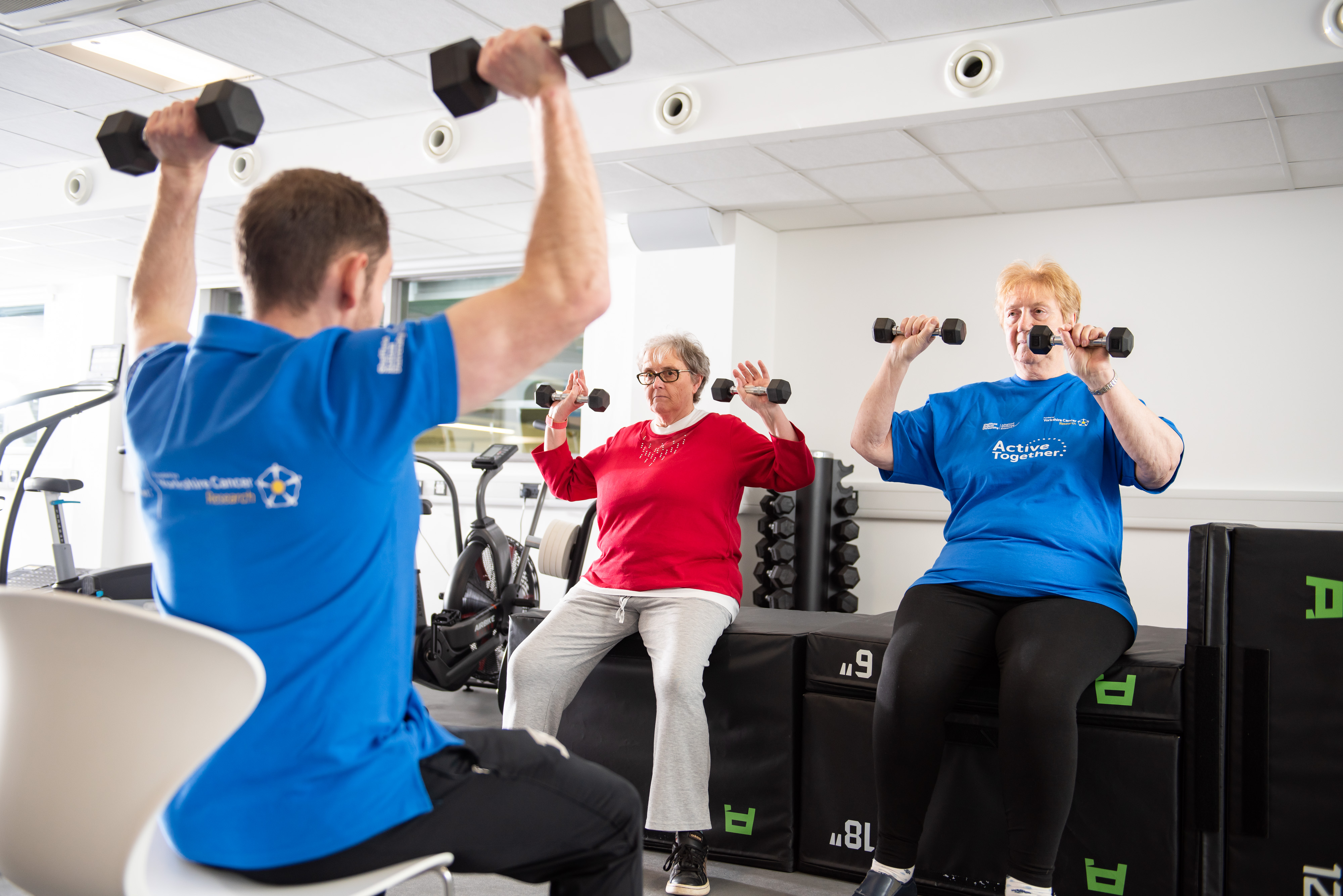Yorkshire Cancer Research Chief Executive Dr. Kathryn Scott said, “This is the largest single philanthropic gift Yorkshire Cancer Research has received in its 98-year history, which really demonstrates the contribution this important program will make to worldwide research and innovation. This significant and extremely generous donation from SNF will make a huge difference to people with cancer in Yorkshire.”
“By exploring the role of exercise in treating cancer, Yorkshire Cancer Research is helping open up new possibilities for care,” said SNF Co-President Andreas Dracopoulos. “SNF is grateful for this work and its human-centric approach of caring for the whole person.”
The new program will build on the success of the existing Active Together service in South Yorkshire designed by Sheffield Hallam University’s Advanced Wellbeing Research Centre (AWRC), funded by Yorkshire Cancer Research and provided in partnership with Sheffield Teaching Hospitals NHS Trust, which has so far helped nearly 400 people with cancer.
Evidence shows that exercise before, during, and after a cancer diagnosis can increase treatment options, while reducing side effects and complications and speeding up recovery from other treatments such as surgery and chemotherapy.
Exercise can also increase the likelihood of survival. It can reduce the risk of dying from cancer by up to 44% in those who are physically active compared to those who are inactive1, and the risk of cancer coming back in the future could be reduced by up to 66%2.
By 2025, it is anticipated that up to 1,500 patients across Yorkshire will receive support through the charity’s expanded Active Together service.
Findings from this Yorkshire Cancer Research program will also inform the future development of plans for more centers and services across the region, focusing on areas and communities with the greatest need.
References
1 Cormie et al (2017): The Impact of Exercise on Cancer Mortality, Recurrence, and Treatment-Related Adverse Effects - PubMed (nih.gov)
2 Akdeniz, N., Kaplan, M. A., Küçüköner, M., Urakçı, Z., Laçin, Ş., Ceylan, E. H., & Işıkdoğan, A. (2021). The effect of exercise on disease-free survival and overall survival in patients with breast cancer. Irish Journal of Medical Science (1971-), 1-11. PubMed (nih.gov)



